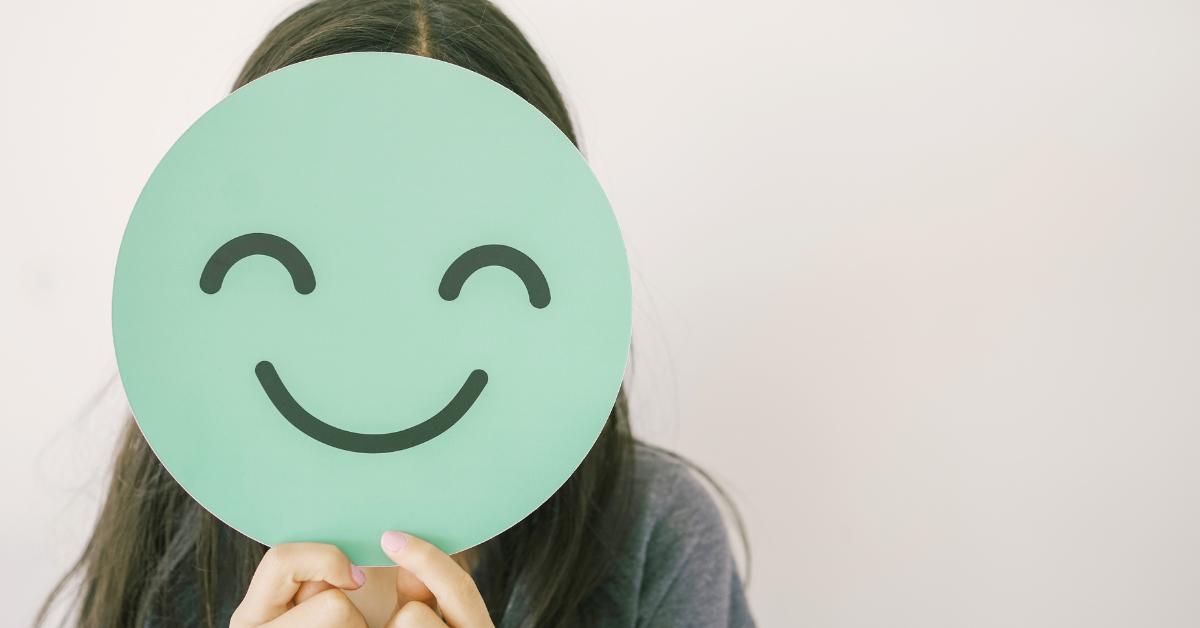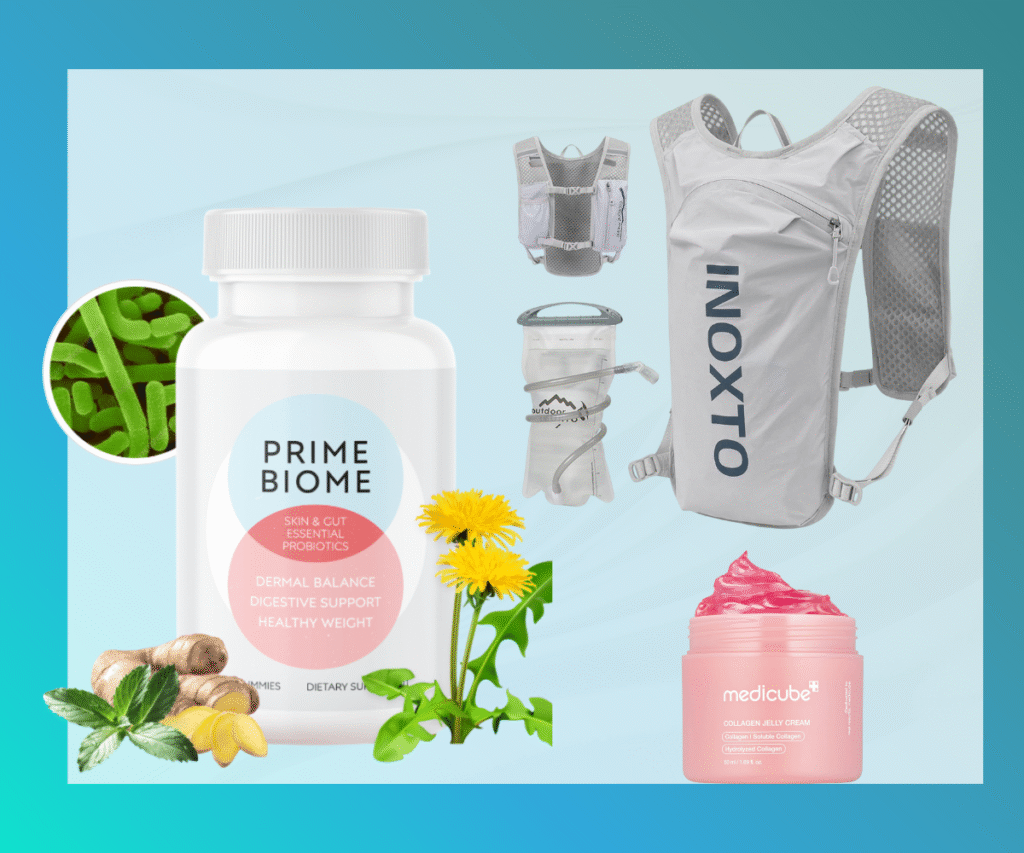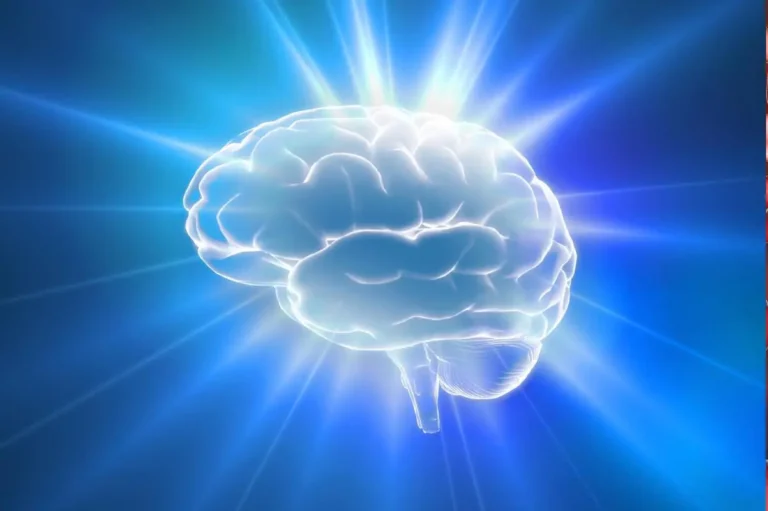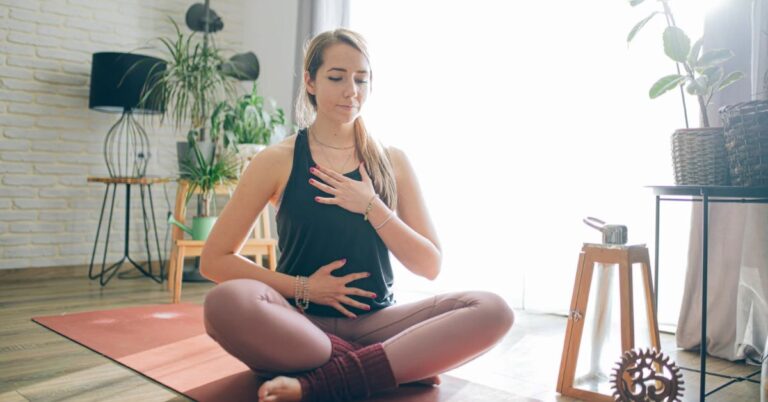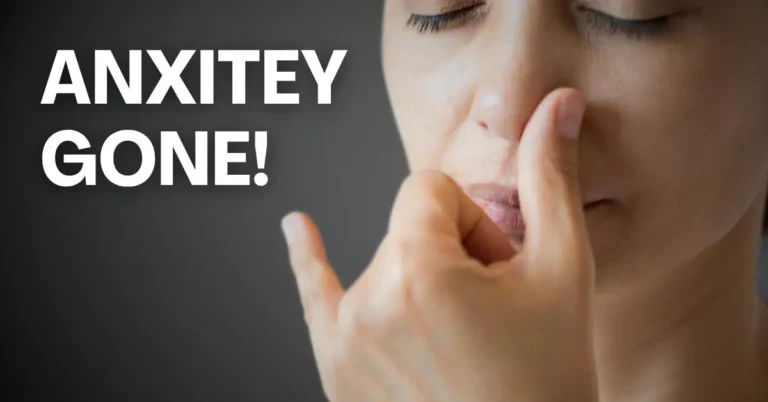Mental Wellness Trends for Gen Z: Fix Sleep And Loneliness
In 2025, mental wellness for Gen Z has gone beyond being a trendy topic; it has become a pressing crisis. Despite growing awareness and improved access to therapy, anxiety, burnout, and loneliness persist as significant challenges for this digital-first generation.
Gen Z’s mental health is being undermined by a combination of lifestyle habits, including irregular sleep cycles, doom-scrolling, and vanishing real-world friendships. Experts warn that without structural changes to sleep, social connection, and daily routine, no amount of meditation apps can truly fix this issue.
Gen Z Mental Health in 2025: A Wake-Up Call
According to the American Psychological Association (APA), Gen Z, comprising individuals aged 12 to 28, reports the highest levels of stress, anxiety, and depressive symptoms among all previous generations.
Dr. Jess Andrade, a clinical psychologist and digital wellness advocate, explains that we are witnessing an increase in reports of emotional fatigue, disconnection, and disrupted circadian rhythms. Despite growing up online, Gen Z is now paying the real-world mental health consequences of this digital upbringing.
A 2024 CDC Youth Risk Behavior Survey found:
- 57% of Gen Z females reported persistent feelings of sadness or hopelessness.
- 36% reported poor sleep on most nights.
- 42% said they felt isolated “often” or “always.”
The Silent Impact of Sleep Deprivation
Sleep is essential for mental clarity and emotional regulation, but Gen Z’s sleep is suffering. Why is this happening?
- Blue-light exposure from devices
- All-nighters driven by side hustles or studies
- Irregular sleep schedules (bedtime shifting past 2 a.m.)
Dr. Shelby Harris, a sleep psychologist and author of The Women’s Guide to Overcoming Insomnia, explains that a lack of deep sleep disrupts the balance of cortisol and serotonin, making it challenging to manage stress or experience joy.
A Sleep Foundation report from late 2024 revealed a concerning statistic: 72% of Gen Z individuals sleep less than 7 hours on weekdays, falling short of the recommended minimum.
Loneliness in the Hyperconnected Era
Ironically, Gen Z, the most digitally connected generation, is also the loneliest.
- Fewer in-person interactions post-pandemic
- Decline in organized clubs, social events, and offline communities
- Heavy reliance on digital validation and short-form content
Dr. Vivek Murthy, the U.S. Surgeon General, who declared loneliness a public health epidemic in 2023, emphasizes that digital proximity alone cannot replace emotional intimacy. Humans require in-person interactions, such as eye contact, touch, and shared rituals, to foster genuine connections.
Chronic loneliness increases risk for:
- Depression and anxiety
- Poor sleep
- Cardiovascular issues
- Cognitive decline
Why Routine Anchors Mental Resilience
Gen Z’s flexible work, freelance lifestyle, and screen-centric habits have disrupted traditional routines, leading to mental health issues. Daily structure plays a crucial role in regulating our lives.
- Cortisol rhythm (stress hormone)
- Mood stability
- Focus and productivity
- Sleep-wake cycles
“Routines act like external scaffolding for mental wellness, psychologist and author of How to Do the Work. They create safety, predictability, and momentum”, Dr. Nicole LePera,
Habits Gen Z Must Prioritize in 2025
1. Set a digital sunset time
Turn off screens at least 60 to 90 minutes before bedtime. This practice protects melatonin production and enhances sleep quality.
2. Create a 3-part morning routine
Sunlight, hydration, and movement are essential for regulating the circadian rhythm and stabilizing mood.
3. Schedule 2 in-person connections per week
Think of activities like having coffee with a friend, attending a gym class, or going for a walk with a cousin. These activities can help build emotional immunity.
4. Use “bookend anchors”
Maintaining consistent daily wake and sleep times can significantly enhance cognitive focus and energy regulation.
5. Consume uplifting, not doom-scrolling, content
Instead of using TikTok late at night, opt for apps like Shine, Balance, or Headspace.
Small Shifts, Massive Impact
Gen Z’s mental health isn’t doomed, but it does necessitate a fundamental reset of lifestyle practices.
“Healing won’t happen in the same environment that made you sick, Sleep, connection, and structure aren’t old-school they’re essentials.” says Dr. LePera.
While therapy and self-care are crucial, the fundamental pillars of mental well-being, such as sleep, routine, and human connection, remain essential. In fact, in 2025, returning to these basic principles could be the most transformative act of healing.
Check out the healthlynic ✔️approved range of products for Weight Loss, Improve metabolism and much more!
